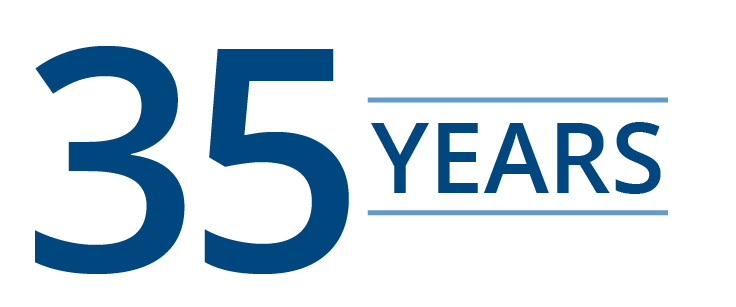Texas EthicsExchange
-
Welcome to the Texas EthicsExchange, your resource to assist with your questions concerning legal ethics and professionalism in Texas. The EthicsExchange is set up in a wiki-format, and allows you to search our content or to go to our comprehensive index to find the content you are seeking. If you have suggestions, corrections, or additions, you can contact me directly by hitting the update links contained on each page. I look forward to hearing from you.
Jim McCormack
Editor in Chief
Law Office of James M. McCormack
Austin, Texas
Showing 1-10 of 25 articles
-
Improper Client Solicitations
Rule 7.03(a), Texas Disciplinary Rules of Professional Conduct, is the primary “anti-improper solicitation” provision:(a) A lawyer shall not by in-person contact, or by regulated telephone or other electronic contact as defined in paragraph (f), seek professional employment concerning a m…
-
The Binding Arbitration Disclosure
In pertinent part, the Professional Ethics Committee, in Opinion 586 (October 2008), opined:In order for the client’s agreement for arbitration to be effective, the Committee believes that the client must receive sufficient information about the differences between litigation and arbitrat…
-
Confidentiality in Attorney-Client Relationship
Rule 1.05, Texas Disciplinary Rules of Professional Conduct, defines “confidential information” as both “privileged information” and “unprivileged client information.” “Privileged information” refers to information learned through attorney-client communications and protected by the rules…
-
Conflicts of Interest Disclosures
Rule 1.06(a) and (b)—as well as the other rules cited above—are the starting point for conflicts identification. Conflicts are fact specific. Examining the overall factual scenario from more than one angle is important. A conflict that is not apparent from one party’s perspective may b…
-
Disputes over Legal Fees and Claims by Third Parties
While it is not possible to avoid every possible client dispute over fees and expenses (unless the lawyer plans to surrender completely to unreasonable clients), there are some positive steps that can help lawyers and clients avoid the misunderstandings that lead to fee disputes, grievanc…
-
Legal Fees: Types, their Causes and Cures
Hourly fees are mostly self-explanatory: a fee that is charged by the hour or fraction of an hour. Hourly fees are typically clear and uncontroversial, except when they are extremely high and/or coupled with another type of fee listed above. Like other types of fees, hourly fees are usu…
-
Filing Law Firm Advertisements with the State Bar
Virtually every law firm ad in whatever form is likely to trigger the ad content and filing requirements in Section VII (Rules 7.01 to 7.05) of the Texas Disciplinary Rules of Professional Conduct. Lawyer advertising generally required to be filed includes: display ads in newspapers, ye…
-
Joint Representations: “More than Just One Client” Ethics
Several Texas disciplinary rules touch on the ethical considerations involved in joint representation: Rule 1.06 (general conflicts of interest), Rule 1.07 (lawyer as intermediary), Rule 1.08(f), 1.12, and (sometimes) 2.02, Texas Rules of Professional Conduct.
-
Representing Organizations and Reporting Client Problems
Rule 1.12, Texas Disciplinary Rules of Professional Conduct, states:(a) A lawyer employed or retained by an organization represents the entity. While the lawyer in the ordinary course of working relationships may report to, and accept direction from, an entity's duly authorized const…
-
Lawyer Contacts with Adverse Parties and Experts
Rule 4.02, Texas Disciplinary Rules of Professional Conduct, is the relevant rule governing these ex parte contacts. “Ex parte” contacts, in this context, refer to communications by a lawyer with an individual outside of the presence and participation of that individual’s counsel or reta…


